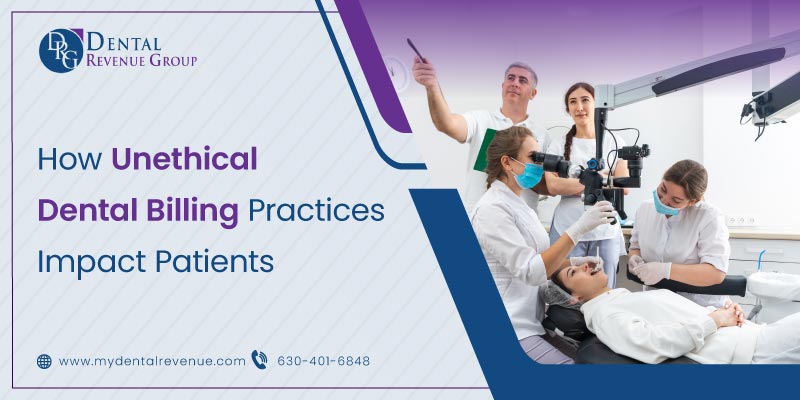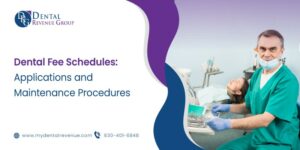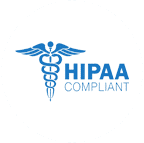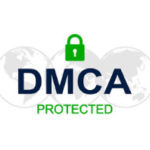Maintaining optimal oral health involves regular dental check-ups, cleanings, and treatments. While these are crucial, the cost factor often comes into play, prompting individuals to rely on dental insurance for financial assistance. However, the presence of unethical dental billing practices adds a layer of concern, potentially burdening patients with excessive costs for their dental care. Unfortunately, some individuals engage in illegal dental billing practices, jeopardizing patient well-being and tarnishing the reputation of the dental profession. This blog post will explore how unethical dental billing practices impact patients.
Overview Of Unethical Dental Billing
Unethical dental billing occurs when dentists engage in practices considered unethical or fraudulent when billing patients for dental services. This can include performing unnecessary procedures, misrepresenting procedures, overcharging patients, or manipulating insurance coverage to maximize profits. These practices can result in patients paying more than necessary for dental care, leading to long-term harm to their oral health. Patients who experience unethical dental billing may lose trust in their dentist and may suffer from financial strain. It is important for patients to be aware of their dental care options and to seek out dentists who uphold ethical billing practices.
Providing quality dental care is crucial for maintaining good overall health, and patients rely on dental professionals’ expertise and honesty when billing for their services.
Unnecessary Procedures
One of the most common unethical dental billing practices is performing unnecessary procedures. Some dentists may recommend treatments or procedures that are not necessary, resulting in patients paying for extra services. This can range from recommending additional cleanings to expensive dental implants.
For example, a dentist may recommend a deep cleaning or scaling and root planing (SRP) to address a patient’s gum disease. However, if the patient has only mild gum disease, a regular cleaning may suffice. Performing a deep cleaning when it is not necessary can lead to higher costs for the patient and may even cause harm to their teeth and gums.
Misrepresenting Procedures
Another unethical dental billing practice is misrepresenting procedures. This occurs when a dentist bills for a more expensive procedure than what was performed. For example, a dentist may bill for a crown when only a filling is performed. This can result in patients paying more for procedures that were not performed.
Upcoding is another form of misrepresenting procedures. This occurs when a dentist bills for a more expensive procedure than what was performed. Upcoding can result in patients paying more for their dental procedures, impacting insurance benefits.
Inadequate Insurance Coverage
Inadequate insurance coverage is another way unethical dental billing practices can impact patients. Dental insurance plans have limits on what procedures and services they will cover and how much they will pay. Some unethical dentists may exploit these limits by performing multiple procedures and charging higher fees than what the insurance company will cover. This can result in patients paying out-of-pocket expenses they may not have anticipated.
Dental insurance providers may also deny coverage for services that are deemed to be not medically necessary. Some unethical dentists may misrepresent procedures to insurance companies as medically necessary to obtain coverage. This can lead to patients receiving unnecessary treatments and insurance coverage being used for uncovered services.
Overcharging Patients
Overcharging patients for dental services is another unethical billing practice. This can occur when a dentist charges significantly higher fees than the procedure’s average cost. Overcharging can result in patients paying for services that are not worth the cost or paying more for services than they should.
Some dentists may also charge fees for services not typically covered by insurance, such as cosmetic procedures. While patients may want to improve their smile, they may not realize that their insurance plan does not cover them and will have to pay out of pocket for the service.
Phantom billing
Phantom billing is a dishonest practice where dental providers bill insurance companies for procedures or treatments that were never performed. It is a fraud that often involves using a patient’s details to fabricate claims. Phantom billing not only causes financial harm to patients but can also put their identity at risk and negatively impact their credit history. This unethical practice also compromises patients’ trust in the dental profession and affects the healthcare system’s credibility.
What Factors Contribute to the Prevalence of Unlawful Dental Billing Practices?
- Accidental practices may occur due to mistakenly entering wrong codes or patient IDs, but they still have negative implications.
- Financial gain is a significant motive for defrauders to misrepresent practices or patients to earn more money from insurance companies.
- Some practitioners may intend to benefit customers by misrepresenting procedures to increase loyalty or break social stigma. However, this unethical approach still negatively affects all parties involved.
It is important to note that whichever motive is behind illegal dental billing practices, they have serious consequences for all parties involved. Proper training, oversight, and ethical practices are crucial to prevent fraud and maintain a fair and sustainable dental ecosystem for patients, dental practitioners, and insurance companies.
Consequences and Solutions for Illegal Dental Billing
Unethical dental billing practices can have serious consequences for patients. Patients may end up paying more for dental procedures than they can afford, resulting in financial strain. They may also receive treatments that are not medically necessary, which can result in long-term harm to their oral health.
Patients who experience unethical dental billing practices may also lose trust in their dentist. This can result in patients avoiding necessary dental procedures or seeking care elsewhere, leading to untreated dental issues and more serious health problems.
Preventing illegal dental billing practices requires proactive measures prioritizing transparency, accountability, and ethical conduct. Regulatory bodies must enforce strict monitoring and auditing of billing practices, ensuring compliance with established guidelines. Professional organizations and dental associations should educate members on ethical billing practices, raise awareness, and offer resources for proper billing and coding procedures.
Patients can also take steps to protect themselves, including educating themselves on insurance coverage, diligently reviewing billing statements, and reporting any suspected fraudulent activities to insurers or authorities. Reporting such practices is essential in upholding the integrity of the dental profession and ensuring patient safety.
The Bottom Line
Unethical dental billing is a serious offence with significant legal and financial consequences. Dental practices need to have effective control measures in place to prevent and detect unethical dental billing. This includes implementing checks and balances, training staff members, and maintaining accurate records. By taking these steps, dental practices can avoid the risks associated with unethical dental billing and ensure compliance with insurance regulations.











